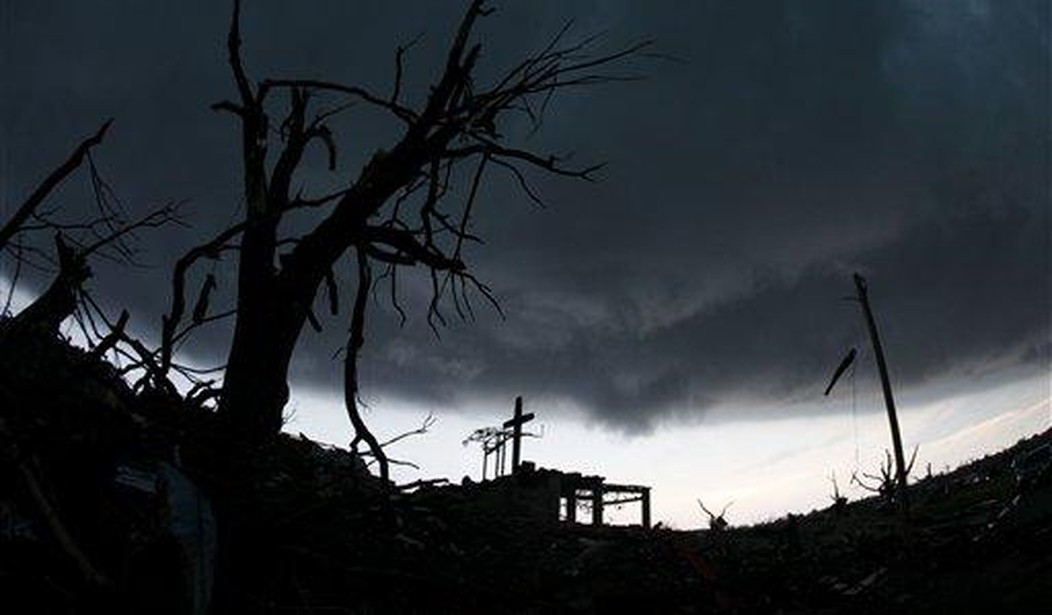When religious writers run short of topics, it is always a safe bet to go back to covering the "Nones." Nones, if you are unfamiliar with the term, refers to a demographic of Americans, usually in their 20s and 30s, who have eschewed organized religion.
They may or may not view themselves as "spiritual but not religious," but they are through with any church or specific faith group. The rationale may include the anxiety and ennui that seem to constantly accompany these age groups or just a belief that the claims made by religion and the Bible are spurious.
Citing one poll or another, many writers readily attribute this exodus to dissatisfaction with the politicization of a church ("MAGA" and conservativism are frequently implied), church silence on environmental issues, or anti-LGBTQ doctrine or attitudes. Oddly enough, many of the mainline Protestant denominations have been hollowed out or are suffering schisms precisely because they have embraced political correctness and its children, DEI, CRT, et al.
While the Nones may view themselves as politically and socially enlightened and as having evolved beyond the need for the superstitious and stifling trappings of religion, a new study indicates that all may not be as advertised on the irreligious side of the aisle and that the Nones may have swapped out faith for something much darker.
The study, by Philip Truscott of Southwest Baptist University in Missouri, is titled “Rape, Suicide, and the Rise of Religious Nones,” and the abstract was published in the latest edition of the Journal Sociology and Christianity. Truscott shows a correlation between the rise of religious Nones and an increase in rapes and suicides.
In the abstract, Truscott states that the presence or absence of social bonds that advocate or promote self-control is a core element of his theory, asserting that the decline in religious affiliation has had an effect on the number of incidents of rape. He states that since the 2010s, there has been a "positive correlation between the population of Nones and the rate of rapes on U.S. college campuses. He notes:
This correlation was significant in the four years from 2016 to 2019. Beginning in 2018, the None rate in the 50 states also correlates with the rape rate in the general US population identified by Uniform Crime Report (UCR) data published by the Federal Bureau of Investigation. Was this due to a variation in actual crimes or in reporting rates? Recent data make the reporting rate explanation implausible. Furthermore, the UCR rape rate is directly correlated with another violence statistic that is not susceptible to reporting error: suicide rates published by the CDC. This research contends that suicide rates are a proxy indicator for male self-control, as three-quarters of suicides are male. Rape perpetration is also overwhelmingly male. The correlation of rape rates and suicide rates in the USA rose from 2014. It is argued that declining religiosity is lowering self-control, and that this is a plausible mechanism driving both increased rape and suicide.
Truscott also cites a 2012 study showing a connection between the non-religious and an increase in drinking and recreational drug use:
As self-intoxication is often presented as a “victimless” crime, it is easy to believe atheists and agnostics feel free to partake once the element of religious self-regulation is removed. As noted by McCauley et al. (2010), binge-drinking, marijuana, and illicit drugs were all associated with increased probabilities of rape, in which case these victimless crimes succeeded in finding victims. To put it another way, some non-religious men made a short moral step into substance use and then, in a diminished state of self-control, made a much larger one into criminality.
Correlation, of course, is not causation. It would be disingenuous to argue that a person who rejects religion is automatically destined for a police report or worse, but Truscott's abstract is hard to ignore. And one might argue that his findings represent another symptom of cultural decline. One might find the tenets of religion to be restrictive, narrow-minded, and even primitive.
However, faith, even a flawed one, can provide a lens through which to see the world and an understanding that there are expectations on the individual. Rejecting guardrails because you find them too constraining and they prevent you from living your truth can mean that nothing prevents you from expecting everyone else to live your truth, whatever it may be at the moment.
It is an accurate and fair assertion that over the course of civilization, some religions have placed undue, unfair, and, at times, loathsome burdens on people and have been responsible for inflicting pain. There is ample evidence for this. Nevertheless, in the 21st century, society and the individual have become atomized.
Communities and people have become digital through social media. Gratification through a smartphone is almost always instantaneous. One can choose one's gender, pronouns, and, in some cases, even race, or at least believe one can. Truth is dependent on the messenger, and its veracity is determined by its ability to affirm a particular worldview.
And make no mistake, worldviews can change in a moment. Just ask anyone who has ever bent the knee to cancel culture. We are well on our way to creating a reality as fluid as mercury and about as easy to grasp. There are few, if any unifying elements, and the center has been lost. The Nones may have slipped the surly bonds of faith only to find themselves in free fall. Our post-modern prophets promised to deliver us from stunted, patriarchal, heliocentric medieval thinking but delivered chaos instead.










Join the conversation as a VIP Member